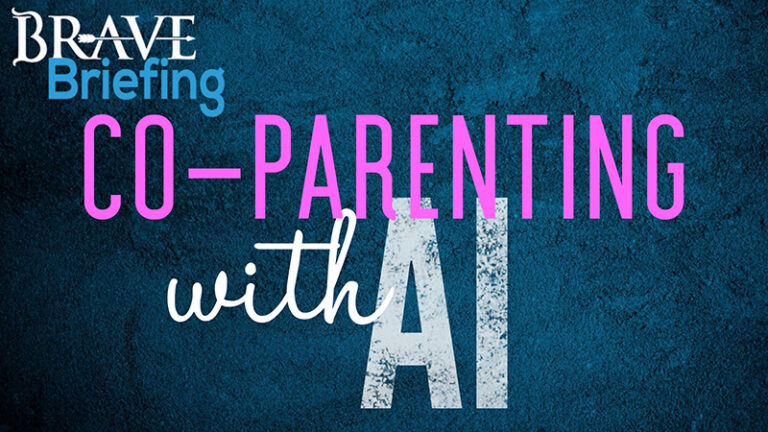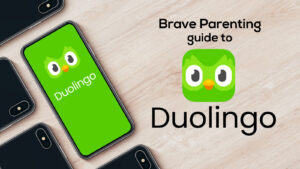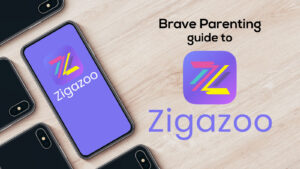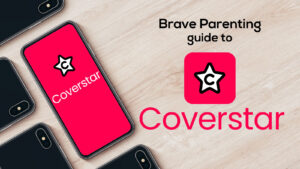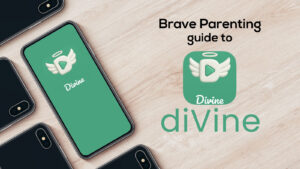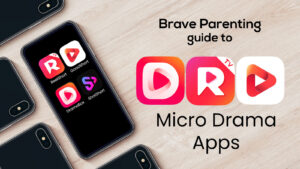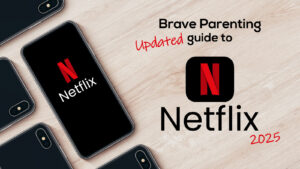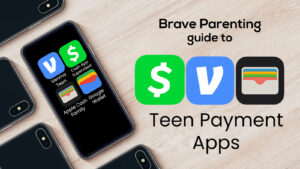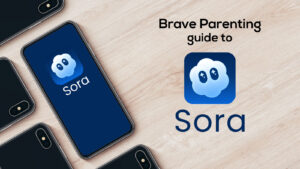“If you loved me, you’d want me to be happy!”
How many parents throughout the generations have heard their child cry this desperate song? It is a whine as old as time and one that parents have wisely dismissed.
But then the smartphone was released. Around 2012, the age of ownership began a steady decline from eighteen to ten years old. Parents everywhere were deceived to believe a smartphone was all a child needed to be happy.
And if we can be completely honest, we didn’t just fall into deception – we completely failed as parents.
In our defense, we failed because we didn’t know. The technology of smartphones was so revolutionary, so appealing, and at that point, so undefiled. In a blink it seemed we went from paying $0.30/text to unlimited iMessages; from MySpace on the computer to Facebook on the phone; from MMS to FaceTime and live broadcasting; from reading the newspaper to scrolling the news on social media; and from watching TV to subscribing to YouTube channels and binge watching on Netflix.
The tides of technology brought on a storm so spectacular, we allowed it to sweep us away in comfortable complacency.
How could our young children not notice our infatuation with smart technology?
During those hum-drum days of make-believe play with our children, mind-numbing cartoons watched for the 116th time, and lack of adult interaction and communication, our phones became our new tether to the outside world. Meanwhile, our kids observed and learned.
They watched our eyes twinkle with delight as we received notifications.
They felt our attention repeatedly shift away from them and on to our phone.
They took notice on how quickly we responded to a text message yet how slowly we responded to them.
They saw how easily we filled our free time with a quick swipe here or tap there before returning the phone to its back pocket.
They experienced our obsessive amount of picture taking.
They listened to our conversations revolve around on social media.
They perceived our happiness and assimilated it into their own definition of happiness.
We failed them because based on our behaviors, the smartphone was the key to happiness.
We had no idea we were failing.
No one warned us about the addictive nature of notifications, the decreased productivity that constant internet access can lead to, or how social media would actually lead to anti-social behavior!
We didn’t think that what felt so good and surged happy emotions through our spirit would ultimately lead to unhappiness, depression, and anxiety.
We just didn’t know.
And because we didn’t know, we capitulated when they asked, begged, pleaded, and cried, “If you loved me, you would want me to be happy and the only thing that will make me happy is an iPhone!”
We gave them smartphones at fourteen, twelve, and even eight years-old. Younger than this, we pacified them with iPads and iPod touches and for a short time we were all happy.
Now, this storm has calmed and we have assessed the damage.
Nine hours of media every day, online constantly, decreased sleep, social media anxiety, social media stunts, social media fame, social media suicide challenges, cyber-bullying, stalking, predators, pedophiles, trafficking, sexting, pornography, antisocial behavior, depression, loneliness, suicides, and the perhaps the most shocking damage: unhappiness.
According to new research published by the American Psychological Association, increased screen-time in adolescents is linked with a marked decrease in psychological well-being. [source]
Since 2012, teens who reported more than two hours of screen-time daily (texting, internet, games, social media, video chat, or watching TV) had decreased levels of happiness, self-esteem, satisfaction with life (and friends), and the amount of fun they were having in comparison to their teenage peers who used two hours or less a day.
Wait, what?!
All the time spent and the apps they claim they can’t live without on their phones and they still aren’t happy? Wasn’t this the “one thing” that would make them happy? How could it have gone so wrong?
We were deceived.
Happiness seemed so real, so easily attained. But it was never real, and now we know.
So…..must we take away their phones in order to remedy this collapse? The authors of the research candidly declare zero screen-time is not the answer either. There is a similar decrease in psychological well-being with zero screen-time among adolescents.
The answer is for parents to help their children limit daily screen-time. All while limiting our own, of course.
We can accomplish this through enforced limits and boundaries. Our children will rarely be able to limit themselves – we must be BRAVE and equip them with the tools to thrive.
Sure, they’ll protest, whine, and declare a much greater unhappiness at 2 hours than they ever felt at 10 hours. We might as well.
You want them to be happy – right?!
The greatest happiness is found at two hours or less so your love must look like smartphone limits and boundaries. Limit their data, delete distracting and obsessively overused apps, add time restrictions, limit it to certain hours of the day – whatever it takes to detox them, do it.
In the name of love and the pursuit of happiness: be brave, parents! You need these same limits and boundaries. Pew Research recently reported that 51 percent of teens feel their parents are just as distracted by their phones. [source] We can do better than this.
The time of ignorance is over, let’s not knowingly fail our children again.


